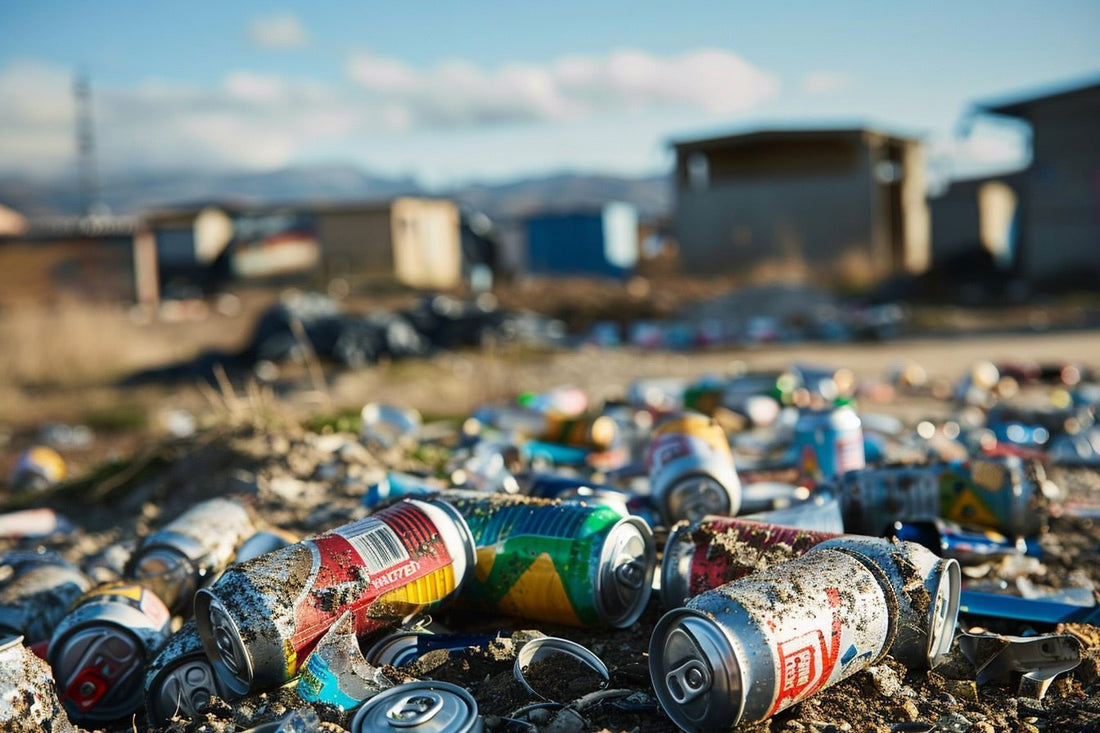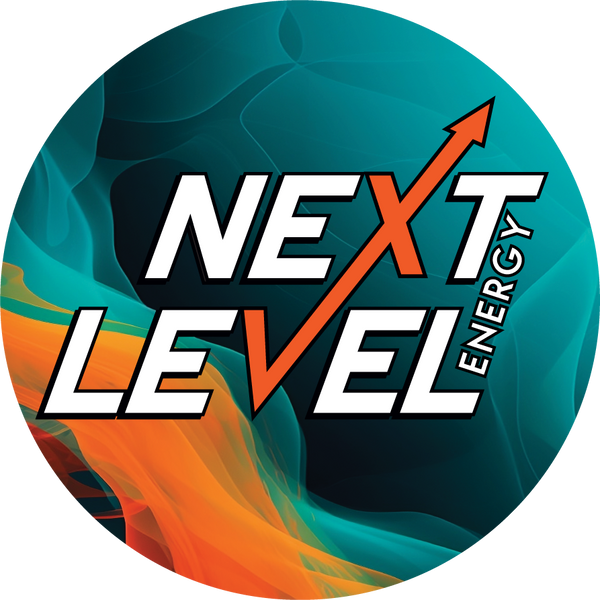
The Environmental Challenge of Aluminum Can Waste
Share
In the rapidly evolving beverage industry, sustainability has become more than just a buzzword—it's a necessary shift towards preserving our planet for future generations. One innovative approach to this challenge is the adoption of energy drink bases, such as those offered by Next Level Energy, which presents a compelling solution to the pressing issue of aluminum can waste. This blog post delves into the environmental impact of traditional beverage packaging, highlights the benefits of using energy drink bases, and explores the role of recycling and sustainable practices in shaping the future of the beverage industry.
The Environmental Challenge of Aluminum Can Waste
Aluminum cans are among the most common forms of beverage packaging, valued for their lightweight nature, durability, and ability to preserve the quality of the drink inside. However, their convenience comes at a significant environmental cost. Every year, billions of aluminum cans end up in landfills, where they can take up to 200 years to decompose.
While aluminum is recyclable and retains its properties indefinitely, the recycling rates globally are not sufficient to prevent substantial waste. This situation contributes to the depletion of natural resources, as new aluminum production is energy-intensive and involves bauxite mining, which can lead to deforestation, soil erosion, and water pollution.
The Role of Recycling and Its Challenges
Recycling aluminum cans is a crucial step towards mitigating their environmental impact. It uses 95% less energy than producing new aluminum and can significantly reduce the carbon footprint of beverage packaging. However, the effectiveness of recycling programs varies widely across regions, with challenges including inadequate collection systems, contamination of recyclable materials, and public unawareness or indifference towards recycling practices. Additionally, the process of recycling itself, while beneficial, is not without environmental impact, requiring energy and water, and often producing emissions and waste.
Introducing Next Level Energy's Energy Drink Base
Next Level Energy offers an innovative solution to these challenges with its energy drink base. This concentrated formula allows consumers to create their own energy drinks by adding water, significantly reducing the need for single-use aluminum cans. The benefits of using an energy drink base are multifaceted:
1. Reduced Waste: By minimizing the reliance on pre-packaged drinks, the use of energy drink bases can dramatically decrease the number of aluminum cans produced, used, and discarded. This reduction in waste directly translates to fewer cans ending up in landfills or needing to be recycled, thereby conserving resources and reducing environmental pollution.
2. Lower Carbon Footprint: The transportation of beverages significantly contributes to their overall carbon footprint. Concentrated drink bases are lighter and take up less space than their pre-mixed counterparts, leading to more efficient transportation and a consequent reduction in greenhouse gas emissions.
3. Enhanced Sustainability: By encouraging consumers to reuse their own containers or bottles, energy drink bases promote a culture of sustainability. This shift in consumer behavior can have a ripple effect, encouraging more sustainable practices across the beverage industry and beyond.
The Future of Sustainability in Beverages
The adoption of concentrated drink bases like Next Level Energy's represents a promising direction towards more sustainable beverage consumption. However, for a more significant impact, this initiative must be part of a broader movement towards sustainability in the industry, encompassing:
- Innovative Packaging Solutions: Beyond concentrates, the development of biodegradable, compostable, or otherwise environmentally friendly packaging options can further reduce the beverage industry's environmental footprint.
- Comprehensive Recycling Programs: Enhancing the efficiency and reach of recycling programs is crucial. This includes improving collection systems, investing in recycling technologies, and increasing public awareness and participation in recycling efforts.
- Consumer Education: Educating consumers about the environmental impact of their choices and the benefits of sustainable alternatives is essential. Knowledge empowers consumers to make more environmentally friendly choices, driving demand for sustainable products and practices.
- Regulatory Support: Government policies and regulations can incentivize both manufacturers and consumers to adopt more sustainable practices. This could include subsidies for sustainable packaging, penalties for excessive waste production, or mandates for recycling programs.
- Industry Collaboration: The beverage industry, including manufacturers, retailers, and consumers, must work together to promote sustainability. Collaborative efforts can lead to innovative solutions, shared resources, and a unified approach to addressing environmental challenges.
The transition towards sustainable beverage consumption is both a challenge and an opportunity. Next Level Energy's energy drink base is a testament to the innovative solutions that can emerge when sustainability becomes a priority. By reducing aluminum can waste, promoting recycling, and encouraging more environmentally friendly consumer behaviors, the beverage industry can take significant strides towards a more sustainable future. The key to success lies in collaboration, innovation, and a shared commitment to preserving our planet for generations to come.
